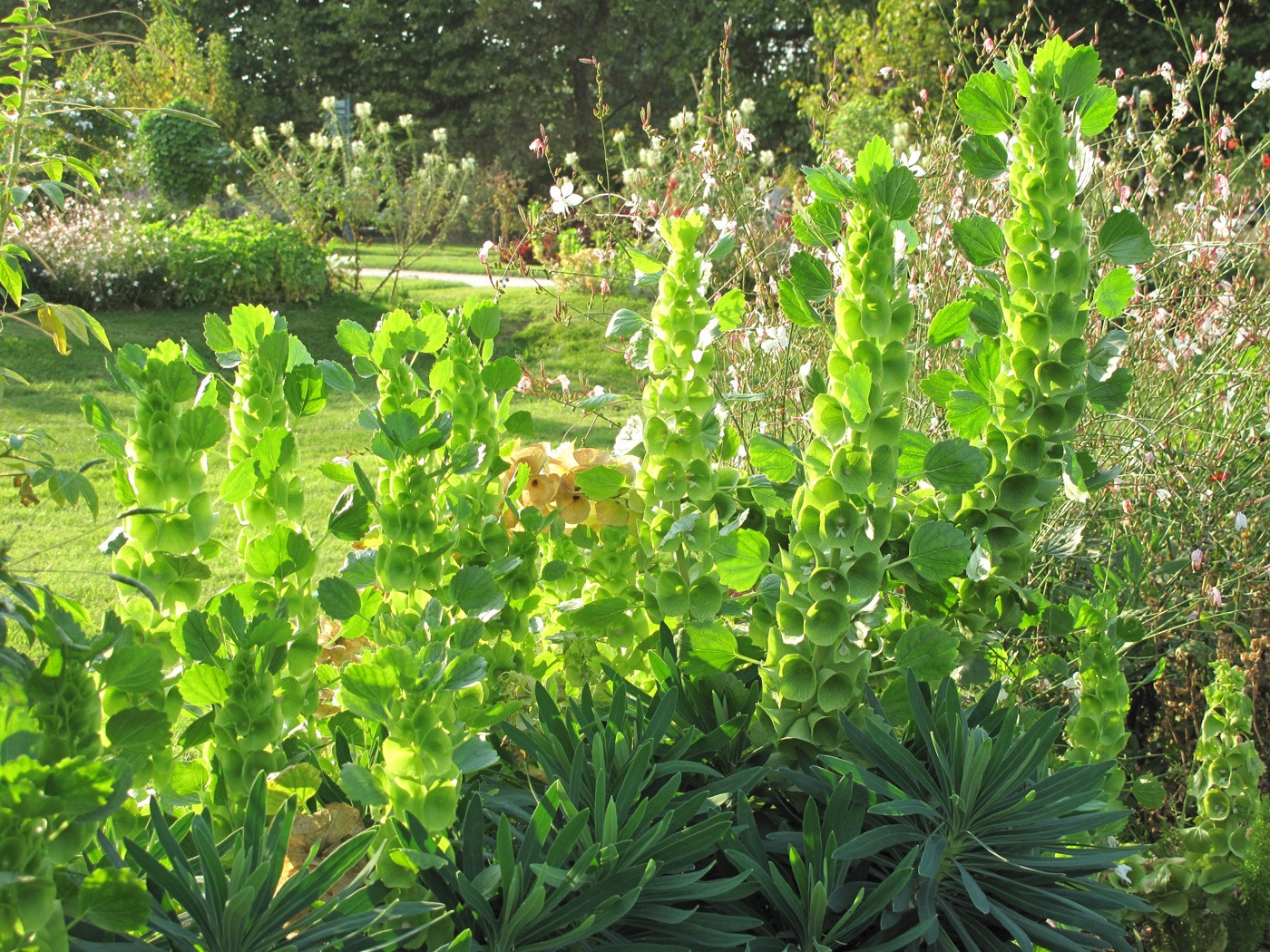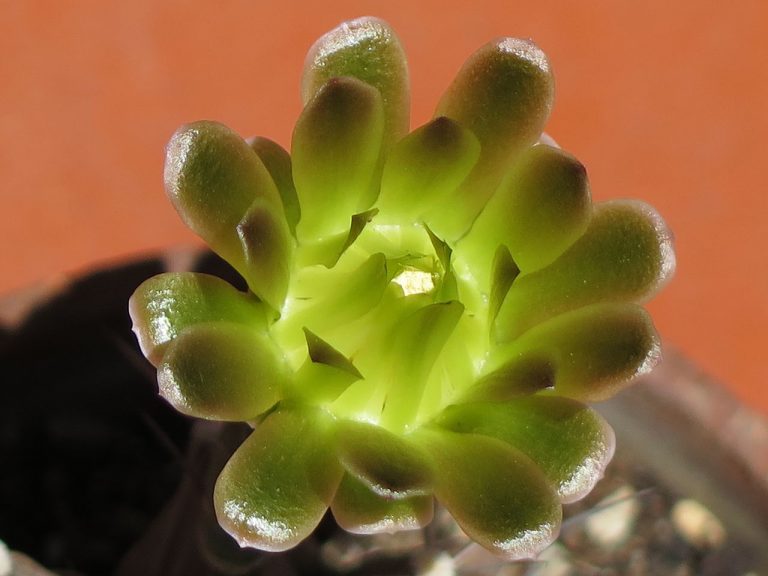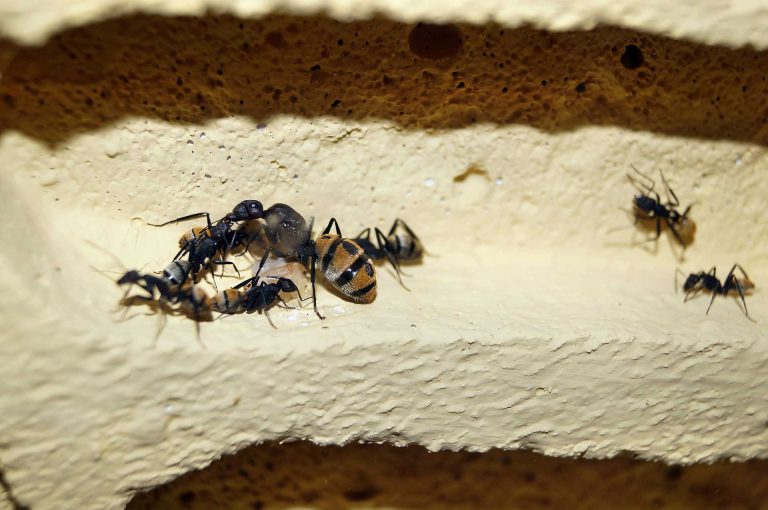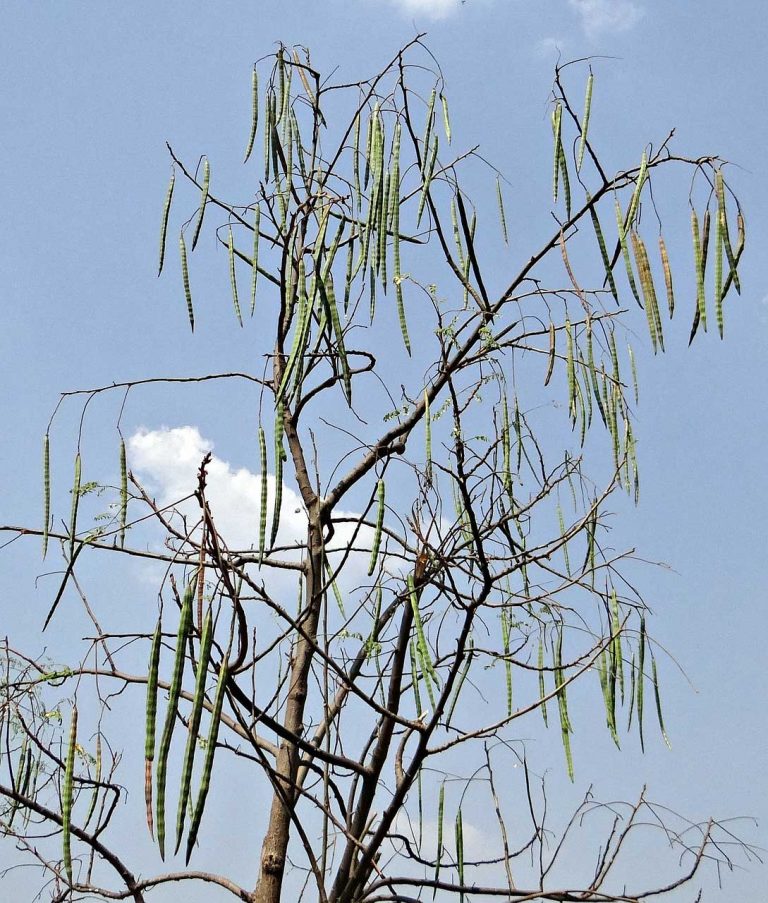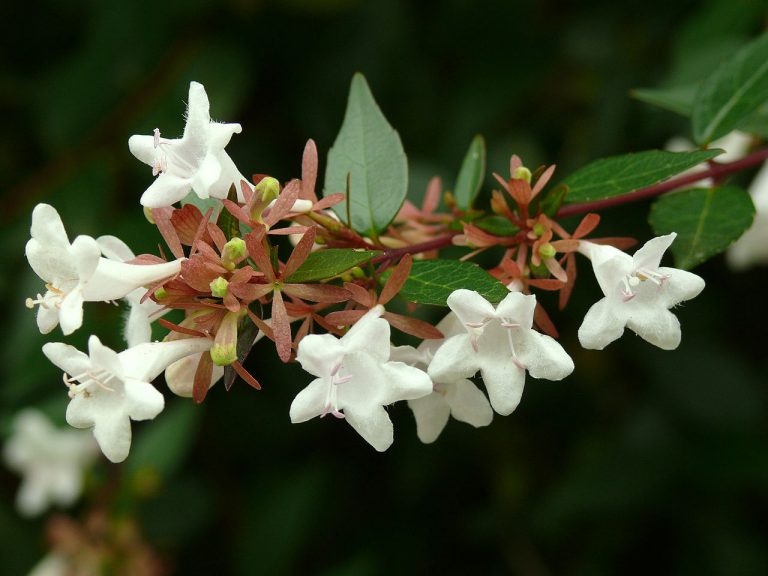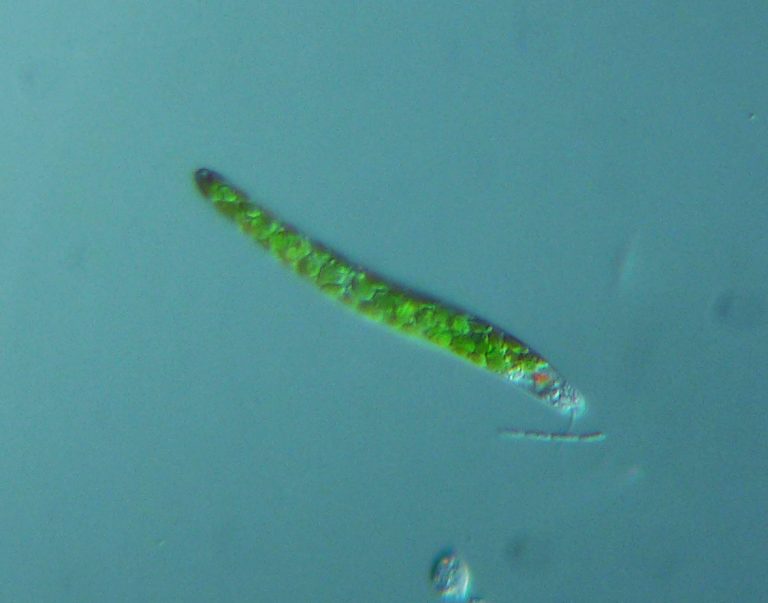Bells of Ireland – A Symbol of Luck In the Vocabulary of Flowers
Scientific Classification
| Kingdom: | Plantae |
| (unranked): | Angiosperms |
| (unranked): | Eudicots |
| (unranked): | Asterids |
| Order: | Lamiales |
| Family: | Lamiaceae |
| Genus: | Moluccella |
| Species: | M. laevis |
| Binomial name: | Moluccella laevis |
Bells-of-Ireland is a yearly flowering summer flower. They also call it Moluccellalaevis. Bells-of-Ireland is a symbol of luck in the vocabulary of flowers. The small white flowers appear embedded in the unyielding calyces surrounding them. Bells-of-Ireland come from Syria, Turkey and Caucasus, Northern Ireland. However, their fresh green color, sign of luck and its bell shape, earned the Irish pet name, Bells-of Ireland.
Anatomy
These white fragrant flowers emanate a mild fragrance. It grows to a height of 24 to 36 inches. The calyces have a bell shape and are 1 to 2 inches long (the external leaves show off at the bottom of majority of flowers) hang on to the top half of the stems and lay positioned in curls of six. We see the proper flower of the miniature white and perfumed plant inside the calyces.
How to cultivate domestically
Preparation for planting
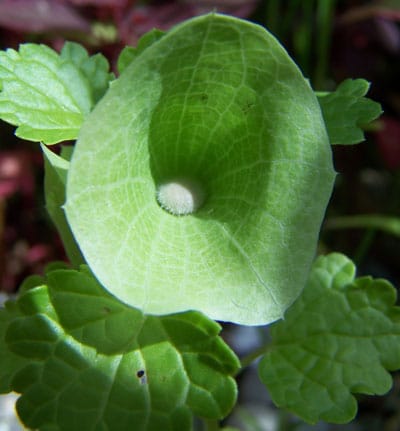
Seeds are the medium of propagating the Bells-of Ireland. Begin to sow the seeds in the interior nearly 8 to 10 weeks prior to the frost-free date in your region. At first put the seeds in a plastic bag containing soil, and store in the refrigerator for two weeks. Take a planting dish with soil in it and disperse the seeds on it, then dust a layer of soil on them. Do not envelop the seeds with soil. Place the planting dish flat in a dry and very cool place, maintaining the temperature at 55 to 60 F . Bells-of-Ireland seeds require light for sprouting; hence take them to a location where you have sunlight, and supplement it with additional light when needed. Seeds germinate within 3 to 5 weeks.
Planting
Plant the Bells-of Ireland in your garden before the likely onset the frost in your location, in moderate garden soil. Leave the seeds exposed, since they need light for them to germinate. Stratify the seeds of the Bells-of-Ireland to augment their germination rate. In the fall, sow the seeds outside in the cold or sow them indoors after refrigerating them for a week.
Placement and Watering
Bells-of Ireland germinate very well beneath trees, a funny character. This explains the need to possess shady portions permanently in your location. You need also to address The decisive factor “Sun.”
Prevent the soil from totally drying. Water the plants thoroughly, particularly in dry and hot climate. Roots form well when you water them thoroughly.
Flowering Period
Once you sow the seeds, it takes 90 to 100 days to blossom. During summer, they take more time to blossom. Pluck the flowers when all the bracts are firm and bloomed.
After-Bloom Care
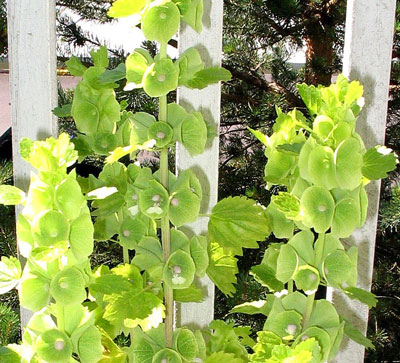
Sow the seeds of the Bells-of-Ireland during spring at the end of the frost, for them to blossom well in the fall and summer; they pass away at the beginning of frost. When you receive the flowers they seem to droop, but if properly watered, they gain firmness and appear glorious. The process of re-hydration takes 24 hours. Unpack the flowers with care on arrival and use clean container or vessels.
As Cut Flowers
- Bells-of-Ireland is a rapidly-flowering edging plant They last for months as cut flowers, besides they have other exceptional qualities.
- If you put them on show in a cool and shady place and feed them with fresh water, it is possible for you to retain them fresh for 7 to 10 days. You can re-cut them under water at 12mm (1/2in) from the bottom of each stem with a sharp knife. Replace with fresh water after every cut for giving them long life. Get rid of the decayed leaves after re-cutting to prevent it from bringing bacterial infection.
- To give your Bells-of Ireland long shelf life in your vases, add floral preservatives that you can buy easily in the market. To prepare your own cut flower food, add half a teaspoon of table sugar to a quart of cold water and agitate well.
- After drying, Bells-of Ireland turn into attractive straw color. At the conclusion of the summer season, gather the flowers during the dry weather. Hang them bottom up in a dry place, ascertain sufficient ventilation between flowers for even drying.
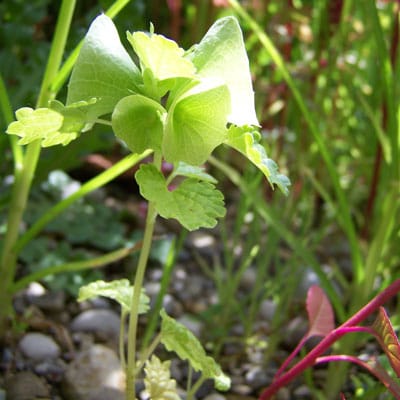

Having discovered a fondness for insects while pursuing her degree in Biology, Randi Jones was quite bugged to know that people usually dismissed these little creatures as “creepy-crawlies”.

